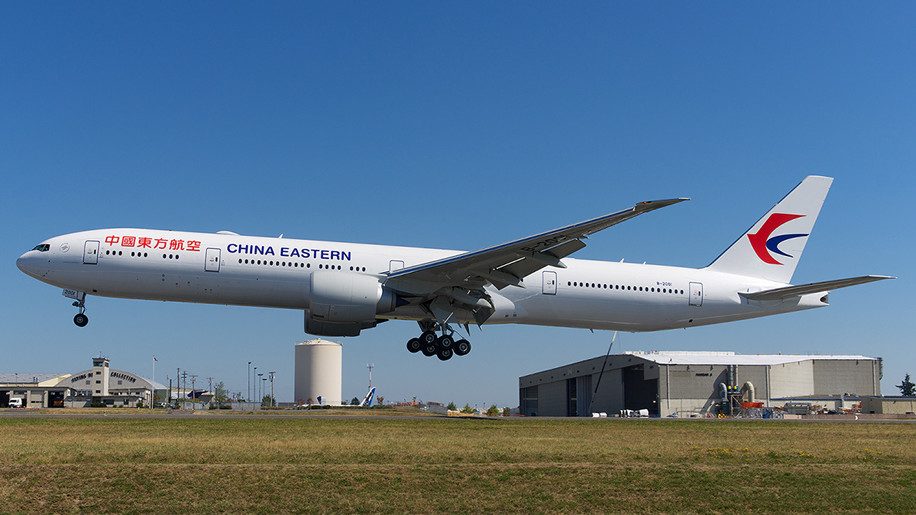
Isaac Valero-Ladron, spokesperson for the European commission on climate action, has responded to reports that the Chinese authorities have banned carriers from complying with the European Union’s Emissions Trading System (ETS) (see story here).
“If you want to do business in Europe, you have to respect the law,” said Valero-Ladron. He said the EU remains committed to its position and confident that the Chinese airlines will indeed comply. In fact, “it will be much more costly for an airline not to comply with the legislation” and pay the penalty, since 85 per cent of the carbon permits will be given to operators for free, he stated.
He went on to explain that, in fact, Chinese airlines are complying despite the loud opposition from Chinese authorities. “The facts are that all Chinese airlines to date have complied with the legislation and have applied for the free permits to cover their obligations. So implementation is there and compliance is happening.”
Furthermore, if Chinese carriers want to be exempt from the law, they have the option of adopting equivalent measures that will reduce emissions. “We are not telling the Chinese that it has to be a carbon market, similar to the EU, but if you have something in your country that can be equivalent to our legislation then you can be exempt.
“The EU is ready to engage with Chinese counterparts and authorities to address their concerns,” he added.
The aviation industry has been included within the EU ETS since January 1 this year but this inclusion has been much criticised. Airlines in the United States and the Middle East have also sounded their strong opposition, alongside the Chinese authorities. Even the International Air Transport Association (IATA) has expressed its concerns. “The unintended consequences of the unilateral and extra-territorial approach go beyond market distortions to states seeing this as an attack on their sovereignty. Airlines from Europe may face some retaliatory action. And some non-European airlines may have to choose whether to obey the law of their land or that of Europe,” said Tony Tyler, director general and chief executive of IATA.
With regards to this issue, Valero-Ladron clarified that the legislation is in no way illegal or unilateral and hopes that it will trigger the International Civil Aviation Organisation (ICAO) to address the issue at a global level. “I understand that some countries have concerns about the so-called unilateralism of this measure. But, you won’t be able to find any other body in the world that has fought harder then the EU to arrive at a global agreement. After 20 years, the EU has decided to act on its own and pass the legislation yet we remain very open to have this addressed at ICAO level.
“If the ICAO passes a measure that produces effective emission reductions then, as clearly stated in our legislation, we can and will be happy to amend the law,” said Valero-Ladron. IATA reiterated this point as well, stating that a “global scheme developed through ICAO would provide a superior solution” for reducing emissions from the aviation industry.
For more information on the EU ETS, read our feature.
Alisha Haridasani












